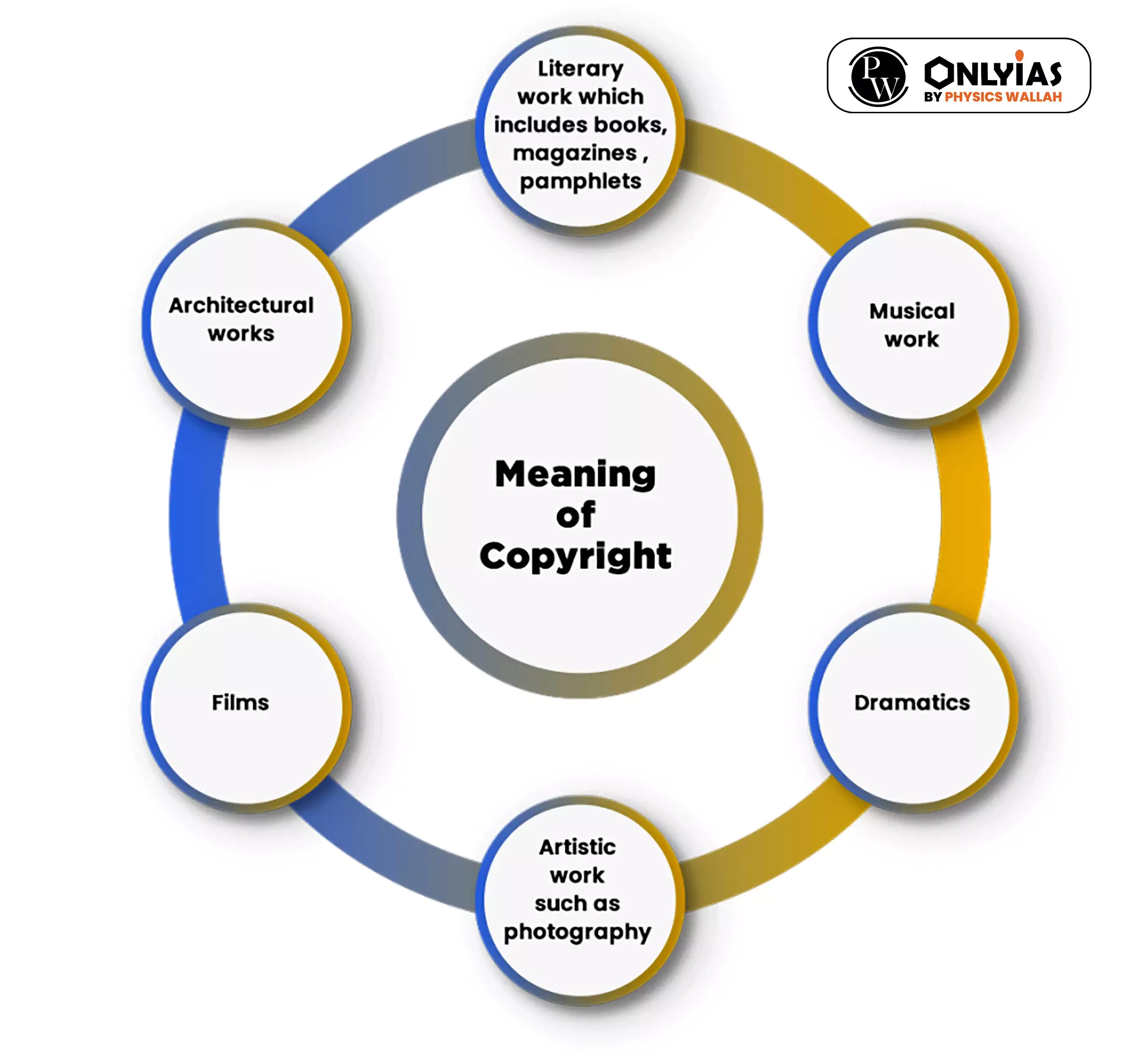![]() 19 Oct 2023
19 Oct 2023
Copyright Law in India; Salient features of Copyright Act, 1957
Berne Convention for the Protection of Literary and Artistic Works
|
|---|

News Source: Indian Express
| Prelims Question (2017)
With reference to the ‘National Intellectual Property Rights Policy’, consider the following statements: 1. It reiterates India’s commitment to the Doha Development Agenda and the TRIPS Agreement. 2. Department of Industrial Policy and Promotion is the nodal agency for regulating intellectual property rights in India. Which of the above statements is/are correct? (a) 1 only (b) 2 only (c) Both 1 and 2 (d) Neither 1 nor 2 Ans: (c) |
|---|
<div class="new-fform">
</div>